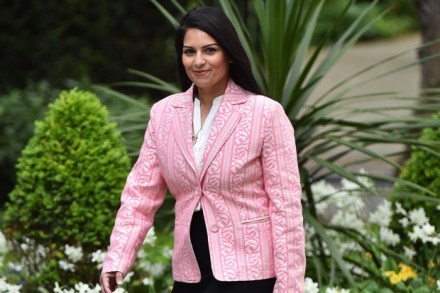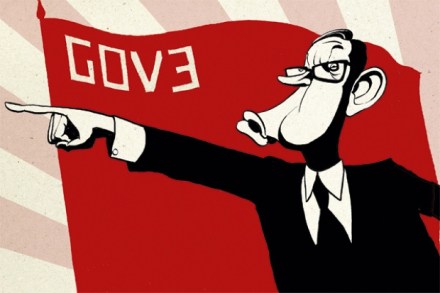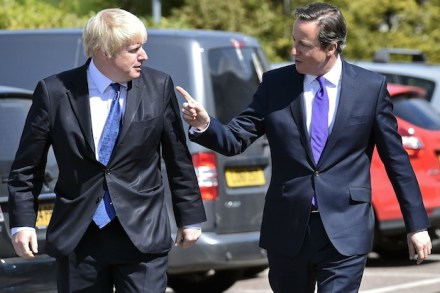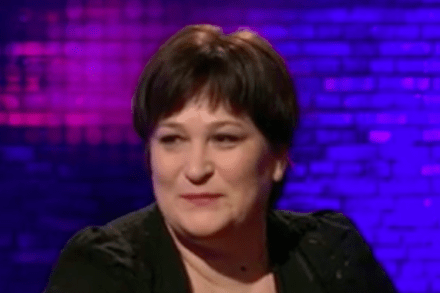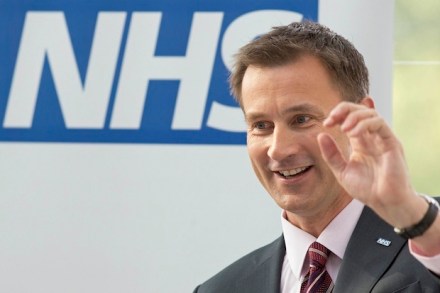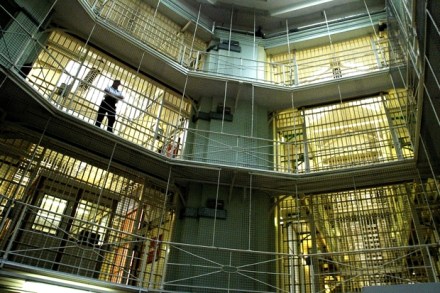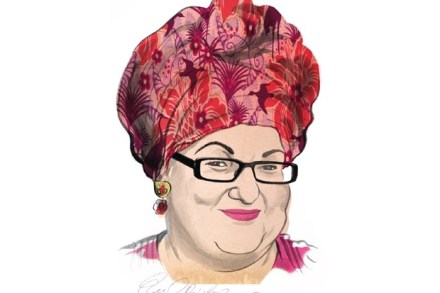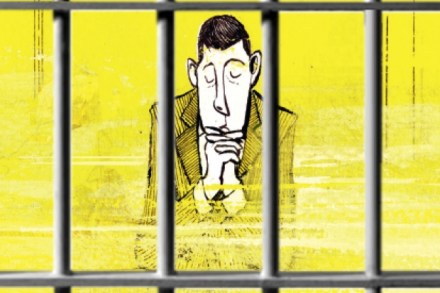All they need is Gove
Lately, people only have to look at me to splurge their deepest, darkest secret. Last May, they did a terrible thing. They voted Tory. Now they’re contemplating greater deviance: voting to leave the EU — if only, they say, the campaign was fronted by someone they could believe in. And who do they want? The answer surprised me. Theresa is no temptation, as it turns out, nor even Boris. No, it’s Michael Gove they fancy. Westminster types might read this and splutter, ‘What tosh! If there’s one thing we know about the British public, it’s that they hate him.’ But these are the experts who failed to predict the outcome of the



